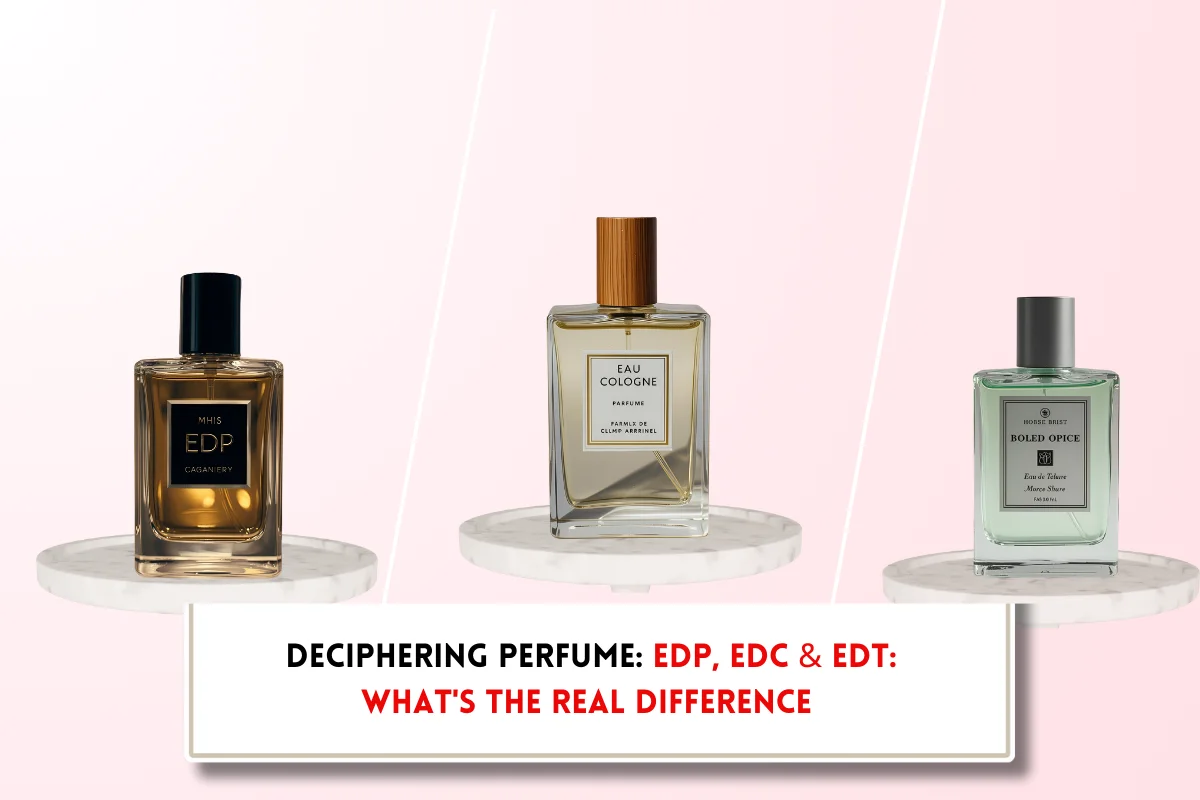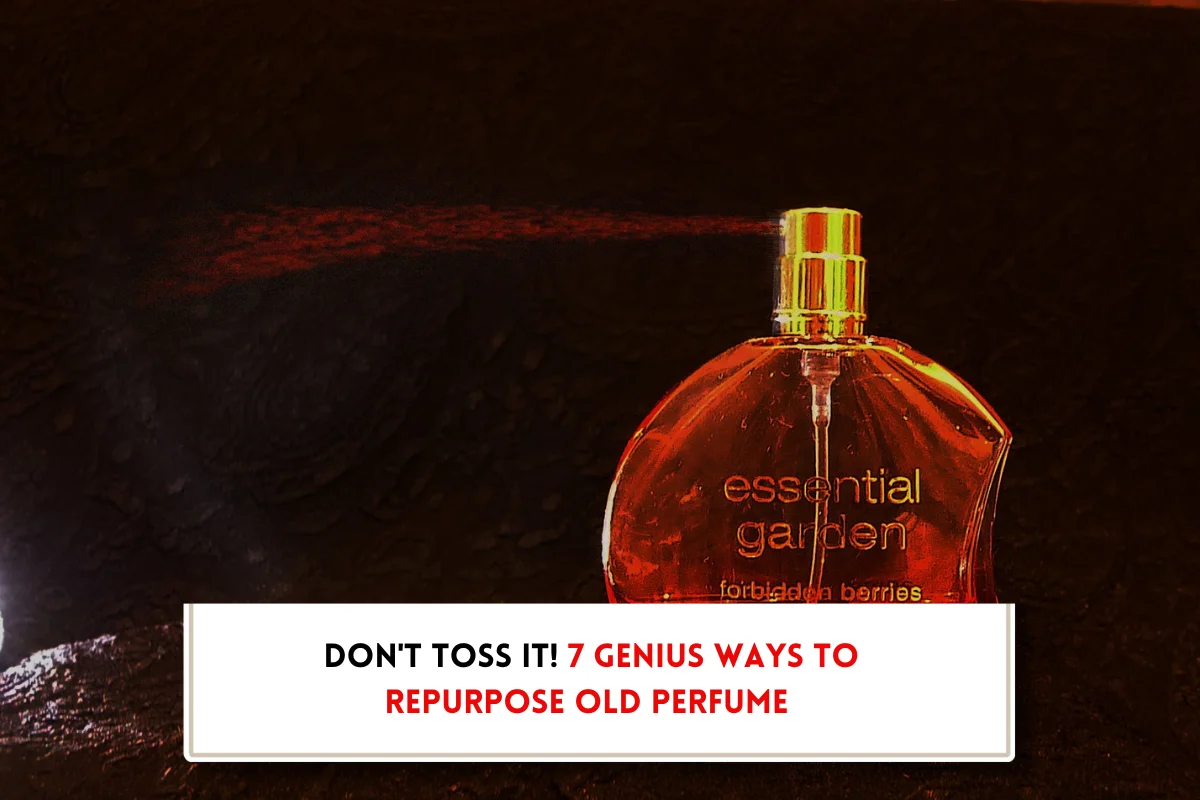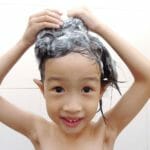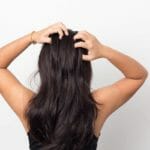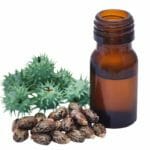Can hair spa regrow hair? Let’s find out!
At BeautyCaters, our expert team independently curates every recommended product. Purchases through our links may earn us a commission. Explore our transparent selection process.
Hair loss is a common concern, and many people turn to hair spas as a potential solution. But does this luxurious indulgence truly stimulate hair growth? Can hair spa regrow hair? Explore what says science behind this claim.
- The science of hair regrowth: Hair growth cycle
- Factors that stimulate hair loss
- Factors that influence hair growth
- The role of hair spas in promoting hair growth
- Evaluation of the effectiveness of hair spa for regrowth
- Comparison of hair spa to other hair regrowth treatments
- Final Word: Can hair spa regrow hair?

The science of hair regrowth: Hair growth cycle
Hair growth is a complex process involving distinct phases that regulate the production and shedding of hair. Understanding these stages is fundamental to comprehending the factors influencing hair growth and the potential impact of hair care treatments, including hair spas.
- Anagen phase: It is the active growth phase, during which hair follicles rapidly produce new hair cells. This phase can last anywhere from two to six years, with an average of two to seven years for most individuals. The length of the anagen phase significantly influences overall hair length.
- Catagen phase: It is the transitional phase marking the end of hair growth. The hair follicle shrinks, and hair growth slows down considerably. This phase typically lasts for a few weeks.
- Telogen phase: It is the resting phase, during which the hair follicle becomes dormant and the hair shaft separates from the root. This phase lasts around two to three months, after which the hair is shed, and a new hair growth cycle begins
Factors that stimulate hair loss
Hair fall is a complex process influenced by a variety of factors, both internal and external. Understanding these factors is essential for optimizing hair health and promoting growth.
Internal factors
- Genetics: Heredity plays a significant role in determining hair growth patterns, density, and susceptibility to hair loss.
- Hormonal balance: Fluctuations in hormones, such as those experienced during pregnancy, menopause, or thyroid disorders, can impact hair growth.
- Medical conditions: Certain underlying health conditions, such as autoimmune diseases or scalp infections, can interfere with hair growth.
External factors
- Stress: Chronic stress can disrupt the hair growth cycle and contribute to hair loss.
- Lifestyle habits: Smoking, excessive alcohol consumption, and poor sleep quality can negatively impact hair health.
- Hair care practices: Frequent heat styling, harsh chemical treatments, and tight hairstyles can damage hair and hinder growth.
- Environmental factors: Exposure to pollutants, sunlight, and harsh weather conditions can contribute to hair dryness and breakage.
Addressing these factors and adopting healthy hair care practices, individuals can create an optimal environment for hair growth and achieve their desired hair goals.
Factors that influence hair growth
Hair growth requires a multifaceted strategy that encompasses both external care and internal nourishment. Addressing the interconnected factors influencing hair health, individuals can create an environment conducive to robust hair growth.
- Scalp health: A clean and well-nourished scalp can stimulate hair follicles, increase circulation, and create a conducive environment for hair regrowth. Regular cleansing, exfoliation, and moisturization an scalp massages enhance scalp health, and stimulate blood flow, promoting better nourishment to your hair roots for improved regrowth.
- Essential oils: Essential oils such as rosemary, lavender, and peppermint have been credited with promoting hair growth and preventing hair loss. These natural oils are packed with nutrients that can nourish your scalp and strengthen your hair.
- Nutritional treatments: A well-balanced diet rich in vitamins and minerals plays a significant role in maintaining healthy hair. Foods rich in omega-3 fatty acids, vitamins A, C, D, E, and proteins found in fish oil, flaxseed oil can be beneficial, green leafy vegetables, nuts, and seeds strengthen your hair follicles, helping to reduce breakage and support hair growth.
- Hair spa treatments: Hair spa treatments have gained popularity for their potential benefits in enhancing hair health and possibly promoting hair regrowth. These treatments typically involve a combination of techniques, including massage therapy, crucial oils, nutritional treatments, and moisturizing techniques, each playing a crucial role in revitalizing your scalp and hair follicles that lead to hair growth.
- Adequate Sleep: Chronic stress can negatively impact hair growth, so incorporating relaxation techniques like meditation or yoga into your routine is beneficial. Sufficient sleep allows the body to repair and regenerate, including hair follicles.
- Gentle Hair Care Practices: Protect your hair from damage is crucial for optimal growth. Minimize the use of heat styling tools, opt for sulfate-free shampoos and conditioners, and avoid tight hairstyles that can cause traction alopecia. Regular trims to remove split ends also contribute to healthier hair growth.
Also Read: Can I do hair spa after keratin treatment?
The role of hair spas in promoting hair growth

Hair spas offer a holistic approach to hair care, encompassing a range of treatments designed to nourish the scalp, stimulate hair follicles, and improve overall hair health. By addressing both the external and internal factors influencing hair growth, hair spas can contribute to achieving thicker, longer, and more lustrous locks.
- Scalp massage: A cornerstone of hair spa treatments, scalp massage stimulates blood circulation, delivering essential nutrients and oxygen to hair follicles. This increased blood flow nourishes the hair roots, promoting a healthier scalp environment and encouraging hair growth.
- Deep cleansing and exfoliation: Thoroughly cleansing the scalp removes product buildup, dead skin cells, and impurities, creating a clean and balanced environment for hair follicles to thrive. This detoxification process is essential for preventing clogged pores and promoting optimal hair growth.
- Hydration and nourishment: Hair spas infuse the hair and scalp with essential moisture, vitamins, and minerals. This replenishment helps to restore the scalp’s natural barrier function, preventing dryness and flakiness, which can hinder hair growth. By optimizing hydration levels, hair spas create a healthier environment for hair follicles to flourish.
- Nutrient-rich treatments: Many hair spas offer specialized treatments that address specific hair concerns, such as thinning hair or dandruff. These treatments often incorporate ingredients like keratin, biotin, and peptides, which are known to support hair growth and strengthen hair follicles.
- Stress reduction: The relaxing atmosphere of a hair spa can help alleviate stress, a known contributor to hair loss. By promoting relaxation and well-being, hair spas indirectly support hair growth.
Combination of these elements, hair spas provide a holistic approach to hair care, addressing both the external and internal factors influencing hair growth.
Evaluation of the effectiveness of hair spa for regrowth
All hair care treatments, including hair spas, are often evaluated for their effectiveness in promoting hair regrowth. Here are the short-term and long-term effects that help you set realistic expectations for your hair care journey.
Short-term effects
Any immediate benefits from a hair spa treatment can be quite noticeable. You may experience improved hair texture, increased moisture, and enhanced shine right after your session. These effects can lead to healthier-looking hair, which may temporarily boost your confidence but may not directly contribute to hair regrowth.
Long-term effects
Long-term benefits vary significantly. While hair spas can promote a healthy scalp environment and improve blood circulation, these factors alone do not guarantee hair regrowth. Regular treatments help in delaying hair loss rather than providing a permanent solution for regrowth.
With consistent attendance to hair spa sessions, you could potentially notice a gradual improvement in your hair density and overall health. This is due to continued nourishment of both your hair and scalp, which can enhance the natural growth cycle. However, these results can take time and often require a combination of treatments for optimal effectiveness.
Individual variability in results
Beside the short and long-term benefits, the results of hair spa treatments can differ widely from person to person. Factors such as genetics, overall health, and existing hair conditions play a crucial role in how effective these treatments will be for you.
To ensure that you maximize the benefits of hair spa treatments, consider your individual hair type and specific needs. Consultation with a professional stylist or dermatologist can provide tailored advice that aligns with your hair goals.
Related: Is hair spa suitable for curly hair?
Comparison of hair spa to other hair regrowth treatments
Your quest for hair regrowth may have led you to consider various treatments. Let’s compare hair spa to other hair regrowth options to help you make an informed decision.
Medicinal treatments and their efficacy
When it comes to medicinal treatments for hair regrowth, there are options such as minoxidil and finasteride. These medications have been clinically proven to promote hair growth, but they may come with side effects such as scalp irritation and sexual dysfunction.
Natural remedies and lifestyle changes
For those looking for a more natural approach to hair regrowth, options such as scalp massages, essential oils, and dietary changes may be considered. While these methods are generally safe and have minimal side effects, their efficacy varies from person to person.

Final Word: Can hair spa regrow hair?
While they’re fantastic for pampering yourself and improving overall hair health, hair spas aren’t miracle workers when it comes to hair regrowth. Think of them as a supportive role player in your hair care routine. For those seeking to combat hair loss or stimulate significant growth, a combination of hair spa treatments, a balanced diet, regular exercise, and possibly medical intervention might be necessary. Remember, patience is key when it comes to hair growth.


